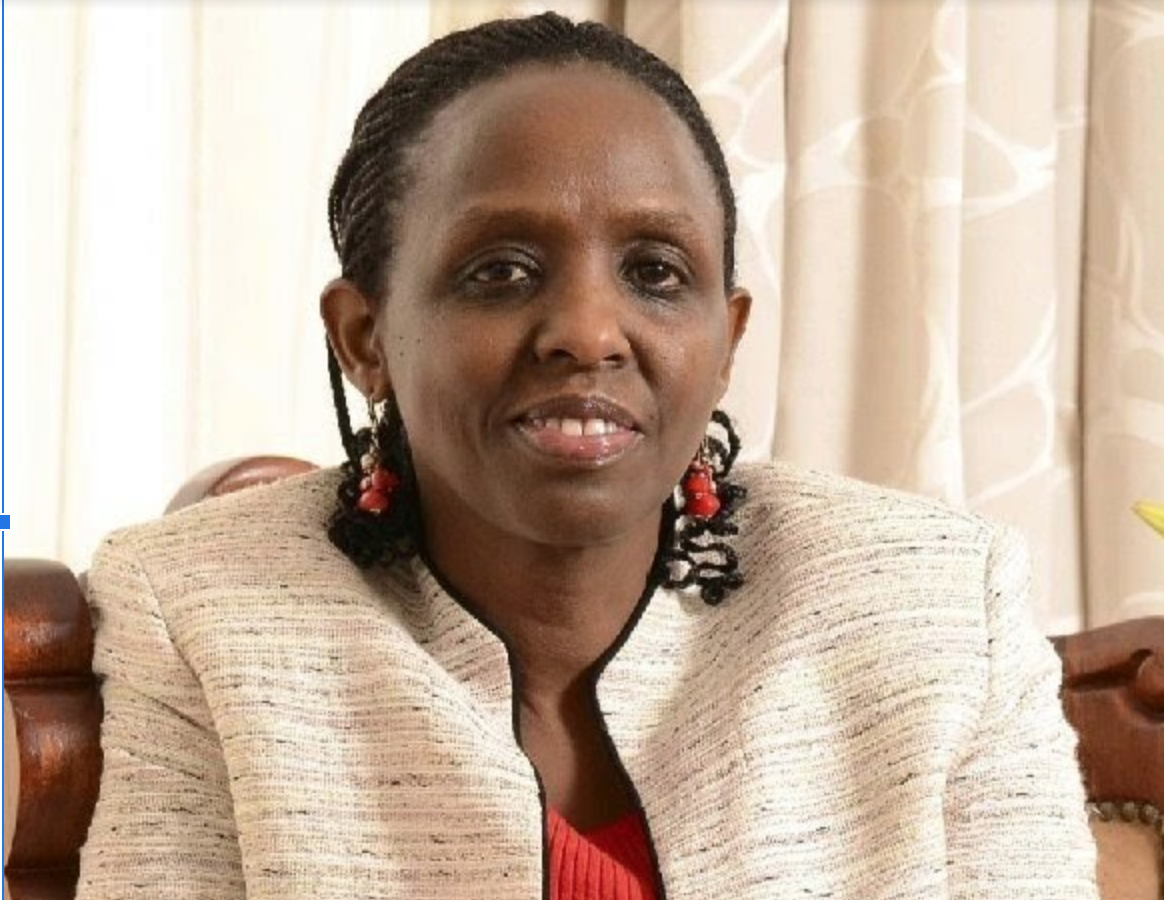By Dr. Agnes Kalibata, AGRA President
The climate crisis is no longer a distant threat; it’s an immediate and pressing reality. The world is on a trajectory that suggests we will exceed the critical 1.5°C warming limit set by the Paris Agreement. This “climate overshoot” is poised to wreak havoc on global health, food security, and water access, disproportionately affecting marginalized communities, including the poor, youth, and women. Among the hardest hit will be Africa, a continent already grappling with severe climate impacts.
The Climate Clock—a tool designed to underscore the urgency of climate action—paints a dire picture. 2024 has been the warmest year on record, reflecting a disturbing trend in global temperatures and CO2 emissions. In Southern Africa, the consequences are particularly acute. The past century has seen Africa endure over 300 severe droughts, the highest number recorded on any continent. Zambia, for instance, is facing one of its worst droughts in decades, with 84 out of 116 districts severely affected and crop yields plummeting by over 50%. Zimbabwe is similarly grappling with a drought that has left approximately 6 million people exposed to food insecurity and hunger.
Predictions are bleak: crop yields in Africa could decline by up to 50% by 2050, and climate-induced diseases like malaria could result in an additional 250,000 deaths annually by mid-century. These projections highlight the urgent need for global action, as emphasized in recent COP summits from COP26 to COP28. Despite various commitments to accelerate climate action, the gap between necessary and actual adaptation finance remains substantial. Currently, Africa receives around $19 billion annually in climate finance, but only a small fraction supports agrifood systems. The continent needs between $30 billion and $50 billion annually by 2030 to effectively address climate impacts.
To meet these challenges, several actions are essential: Raising Climate Ambitions: African nations must adopt more aggressive climate policies at both regional and national levels. Enhanced Nationally Determined Contributions (NDCs) should integrate climate goals into development strategies, fostering innovation and creating green job opportunities. Stronger Adaptation and Mitigation: Increased investment in adaptation strategies, such as developing drought-resistant crops and improving early warning systems, is crucial. This requires both local resource allocation and international financial support. Enhanced Climate Finance: Developed and developing nations must demonstrate greater commitment to providing the necessary financial resources. Africa needs a significant increase in both domestic and international funding for climate adaptation and mitigation efforts. Inclusive Participation: Ensuring that diverse voices, including those from vulnerable communities, are included in decision-making processes is essential for effective climate action. This inclusivity should extend to the integration of African perspectives in global climate policies. Private Sector Engagement: The private sector plays a pivotal role in driving sustainable development. African leaders must create investment climates that attract and retain private sector involvement in climate solutions. Policy and Implementation: Strong climate policies must be complemented by effective implementation. Streamlining bureaucratic processes and enhancing inter-agency collaboration will help translate ambitious climate goals into tangible actions. Decentralized Leadership: Empowering local leaders who understand their communities’ specific needs is vital for building resilience and ensuring that climate strategies are effective and equitable.
The climate crisis presents complex challenges, but proactive and strategic leadership can help Africa navigate these turbulent times. By enhancing adaptation efforts, increasing investment, and fostering collaboration, the continent can not only mitigate the impacts of climate change but also drive sustainable development and economic transformation. The time for action is now—Africa’s future depends on it.
